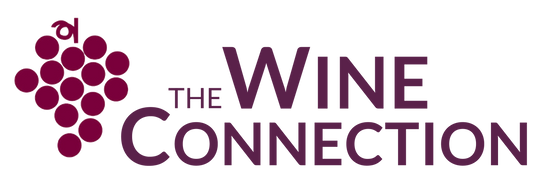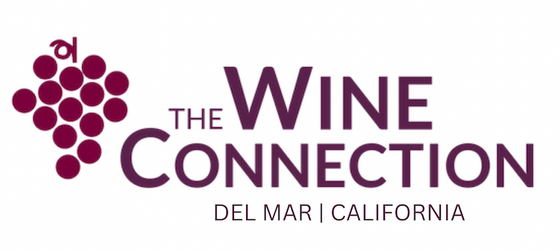Don’t Panic, It’s Organic! (Part 1)

Among the myriad of buzz-words used around wine, this week I’d like to talk about three. “Organic,” “Biodynamic”, and “Natural” are terms you’ve likely seen used to describe some of your favorite wines. But what do these words really mean for the wines you’re consuming?
I’d first like to break it down into two main categories: the labelers, and the non-labelers. What I mean is, some producers go through all the trouble of obtaining certification for their production so they can slap a fancy label on a bottle. On the other hand, there are many producers that don’t bother. Take the NV Philipponnat Royale Brut Reserve Rose (available in our lovely bubbly section for $69.99, a stunner for Valentine’s Day) for example. The Philipponnat house ensures their fruit is produced organically and even in the winery there is little to no chemical intervention, yet you can pick up a bottle and see that there is no official stamp of organic certification. But why?

Certification, like Chablis that ain’t free, costs money. And not just pennies. We’re talking thousands of dollars per year. On top of that, it takes growers tons of extra time to track all of their farming practices with extreme detail throughout each growing season. They have to report this information regularly to overseeing government groups like the USDA. And to make it even less appealing to obtain official certifications, there’s not even a strong suggestion yet that it really does much for you in the marketplace – so some producers see it as a tender trap to lose a few thousand dollars of precious profit per year.
For wine producers, you can see why organic and biodynamic certification is really unappealing. Oh, and by the way, the US government prohibits the use of labeling finished wine with the word “organic” unless the vineyard and the winery have achieved certification. So any given producer can make quasi-organic wines without ever being able to tell you. Here’s one reason it’s always good to do a little research on your favorite wineries. A lot of them will tell you the details. My rule of thumb is, the more information a brand gives you about their wine production standards, the more you can trust they are responsible.
Natural wines, on the other other hand, are not regulated by anyone. “Natural wine” is more of a concept for being extremely Laissez-Faire both in the vineyard and in the winery. It’s a very polarizing style that some people love and some people hate. Natural wine producers never fail at making unique wines, and that’s because they are almost never one and the same. I’ll address the topic of natural wines more in my next blog post, but for now I have one message that I’ll expand on later: don’t be fooled into thinking that just because it’s “natural” that it’s better or better for you.
Be on the lookout for wines in the shop with green circle labels on their shelf-talkers. Ask an associate the next time you’re in. These are the wines we’re highlighting ourselves to let you know that they are unofficially organic or biodynamic. Until next time, ciao!


![[Video] Steak Sandwich w/ Wine Pairing](http://thewineconnection.com/cdn/shop/articles/20_1600x.png?v=1651179510)
![[Video] Passion Fruit Tart w/ Wine Pairing](http://thewineconnection.com/cdn/shop/articles/19_1600x.png?v=1651179483)
